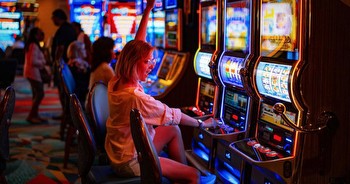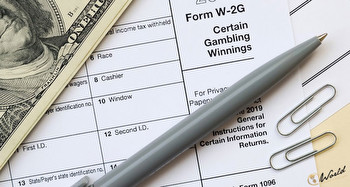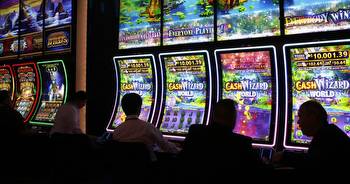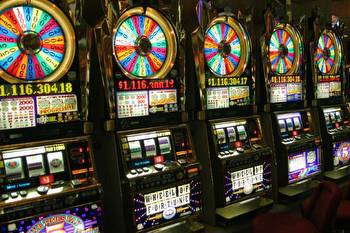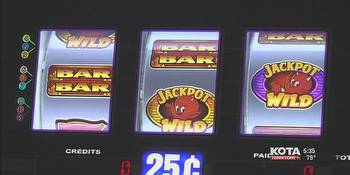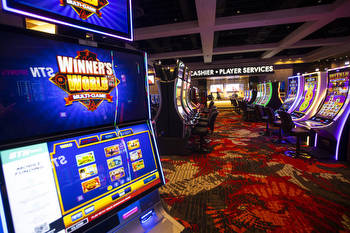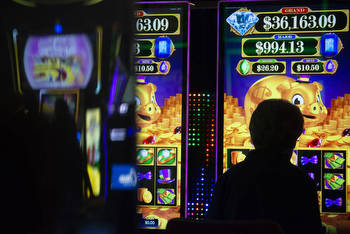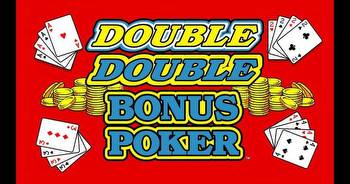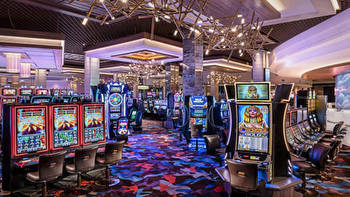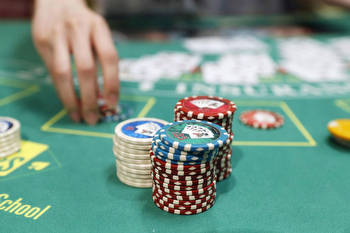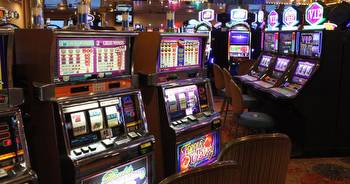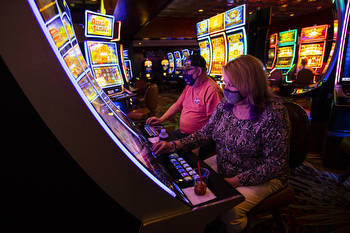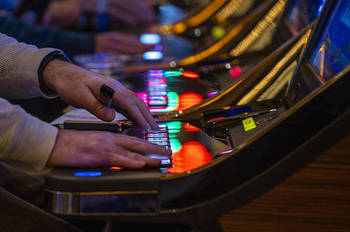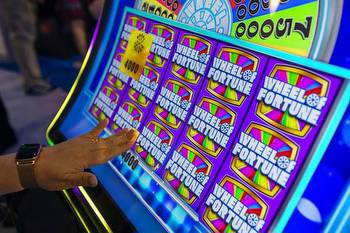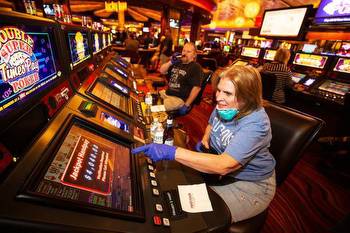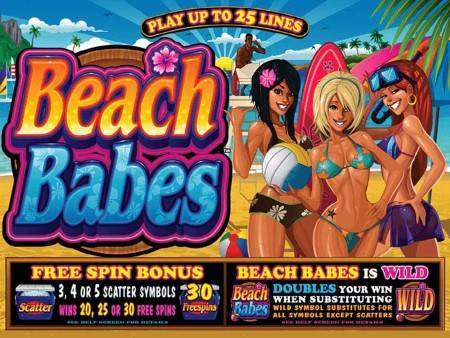IRS Poised to Raise Slots Jackpot Reporting Minimum
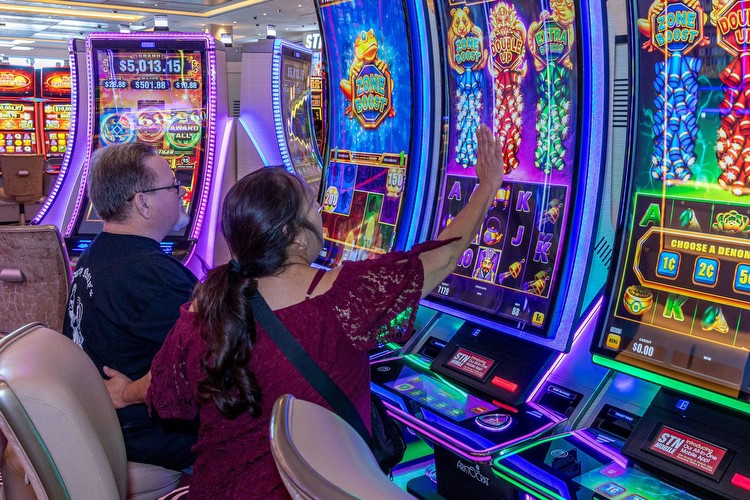
Taxes could get a lot easier for slots players in US casinos, and less burdensome for casino operators and the IRS.
The Nevada Independent revealed on Thursday that an IRS Advisory Council had responded positively to a suggestion from two lawmakers that the Internal Revenue Service up its minimum for reporting slots (or video poker) jackpots from $1,200 to $5,000.
In November, the IRSAC included a provision about the slots threshold issue in its sweeping 230-page public report, suggesting an even higher threshold of $5,800 for slots and video poker wins that require a handpay and subsequent IRS reporting.
If enacted, it would be the first change to this standard since 1977.
Handpay Reduction Act?
Reps. Dina Titus (D-NV) and Guy Reschenthaler (R-PA) introduced a bill last year in May that would require such a change if the IRS doesn’t act. Now it seems like passing the law may not be necessary, as the IRS Advisory Council in November recommended upping the floor for wins that require an automatic W2-G filings.
“Updating an outdated gaming regulation is not just a priority for my constituents in Las Vegas, it is a commonsense fix that affects the growth of legal gaming in local and Tribal communities across the country,” Titus (D-NV) told Casinos.com.
For nine years, Titus and Reschenthaler, Congressional Gaming Caucus Co-Chairs, have been trying to persuade the IRS to raise the threshold for mandatory reporting of .
Last year she and Reschenthaler introduced the Shifting Limits on Thresholds (SLOT) Act in an effort to force the matter. The bill calls for raising the tax threshold for slot winnings from $1,200 to $5,000.
Casino Bill Tracker
HR 3125:
Shifting Limits on Thresholds (SLOT) ActSponsors:
Dina Titus (D-NV) and Guy Reschenthaler (R-PA)Summary:Raises the minimum reporting requirement of $1,200 to $5,000,
with provisions for additional increases over time.
Who supports:
casinos, players, tribal gaming interests, the IRSWho opposes:
N/AStatus:Assigned to House Ways and Means Committee,
next challenge is getting it on the agenda
IRSAC now supports this recommendation, though they believe the bar should be set at $5,800 to duly account for inflation. The IRS also should have in place a mechanism for making regular adjustments to keep this reporting threshold aligned with inflation, the Advisory Council recommends.
The paperwork necessary when hitting a $1,200 slots jackpot is no different than hitting a jackpot for a million dollars or more.
Titus said that due to inflation this outdated standard has significantly increased compliance burdens on taxpayers and operating costs for casinos across the country.
Titus has been trying since 2015 to get this regulation changed. She introduced bills in 2020 and 2022, but they never made it out of committee.
Taxman Cometh, Just More Efficiently
Titus and Reschenthaler made their latest pitch in a letter sent to IRS Commissioner Danny Werfel earlier this month, and signed by 24 other members of the bipartisan Congressional Gaming Caucus.
“We urge you to follow the IRSAC’s recommendation and exercise your authority to raise the threshold for slot machine jackpot winnings to $5,000 and to consider periodic increases to the threshold based on inflation,” Titus and Reschenthaler wrote. “Taking this action will align with the IRS initiative to strategically use data to improve tax administration and modernize tax reporting for our constituents.”
While reducing nuisance levels for casino operators may not be Congress’s biggest priority, Titus explained to Casinos.com why it’s simply a bipartisan common-sense fix that can be done through regulatory action or by law if necessary.
“Shutting down slot machines for low-dollar amounts, floods the IRS with outdated forms that help no one.” Titus said. “My bill, the SLOT Act, and the IRS Advisory Council’s recent recommendation to raise the threshold would reduce the paperwork burden on businesses and players while ensuring our tax code reflects economic reality.”
The American casino industry agrees.
“The antiquated slot tax threshold creates unnecessary burdens for consumers, casino operators and the IRS,” American Gaming Association CEO Bill Miller said.
The current $1.200 threshold is established as a matter of IRS policy. While a law can force their hand, the agency can at their discretion make such a change.
It’s not clear yet what sort of timeline exists for implementing any future threshold changes that would impact the way casinos across the country operate.








